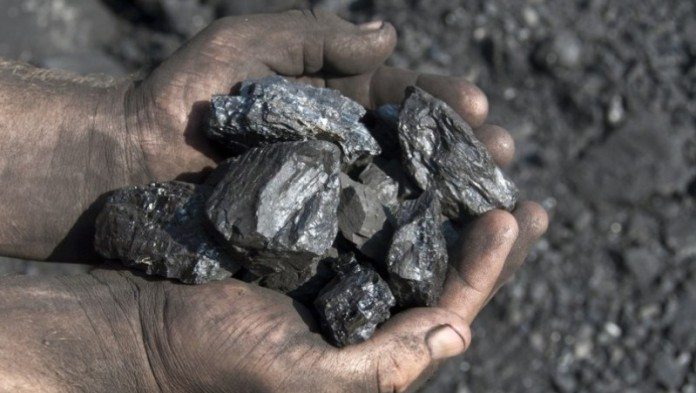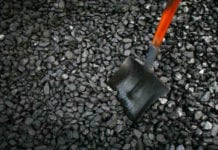
THE latest in the litany of woes besetting Eskom is the utility has discovered that “significant” amounts of coal are being stolen from the organisation apparently through scams involving coal trucked to some of its power stations.
This was revealed on Tuesday by Eskom primary energy GM, Sandile Siyaya in a presentation to the 2021 Coal Industry Day being held in Johannesburg. Siyaya was delivering a presentation meant to be given by Eskom CEO, Andre de Ruyter who had to cancel because of illness.
Siyaya was not able to provide specifics on the amount of coal being stolen or how it was being done, but indicated the problem centred on the weighbridges which trucks delivering coal to the power stations had to pass through.
He said the South African Police Services and the Hawks had been called in and, so far, two arrests had been made in the past three months at one power station with more expected to follow.
Siyaya commented: “We need to put a stop to this. We are focussing on the security around the weighbridges but quantifying the amount stolen will be a bit of challenge.”
Siyaya said the thefts involved coal brought in by truck but, apparently, not actually delivered to the power stations. He said coal delivered directly over conveyor belts from mines to power stations and also coal railed to power stations was not affected.
The thefts are the latest problem to emerge from a deeply flawed management strategy implemented by Eskom some 10 years ago to source more coal from junior black economic empowered coal companies at the expense of coal bought from its traditional major mining company suppliers.
The majors operated collieries in close proximity to the power stations and supplied coal over conveyor belts directly from the mines to the station stockpiles. Many of these mines were on long-term cost-plus supply contracts which held down the price of the coal.
Buying from juniors increased the cost of coal because of higher transport costs given it had to be trucked to stations and also because Eskom now had to pay spot market prices for the coal instead of long-term contract prices.
The increased use of trucks also did major damage to the provincial road network over large sections of Mpumalanga province.
In recent years Eskom has changed its procurement policies to source more coal on long-term contracts from established mines and also to reduce the volumes of coal being trucked by improving railway access to some of its power stations.











